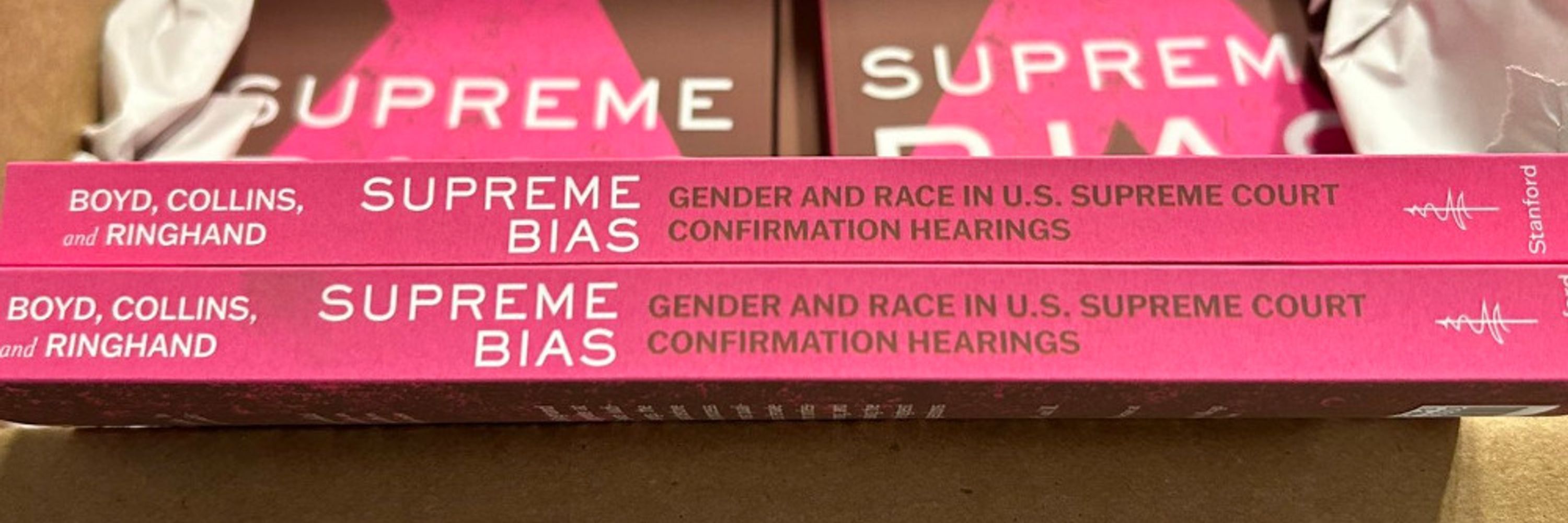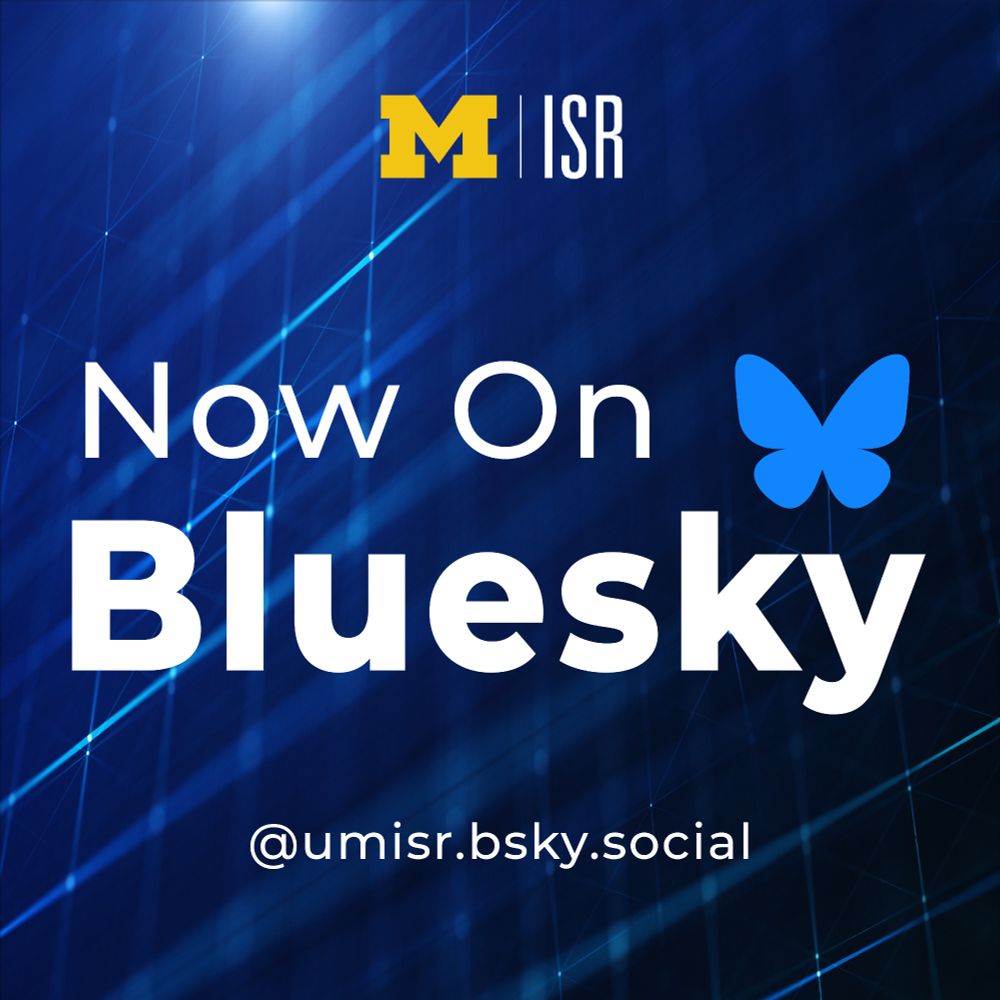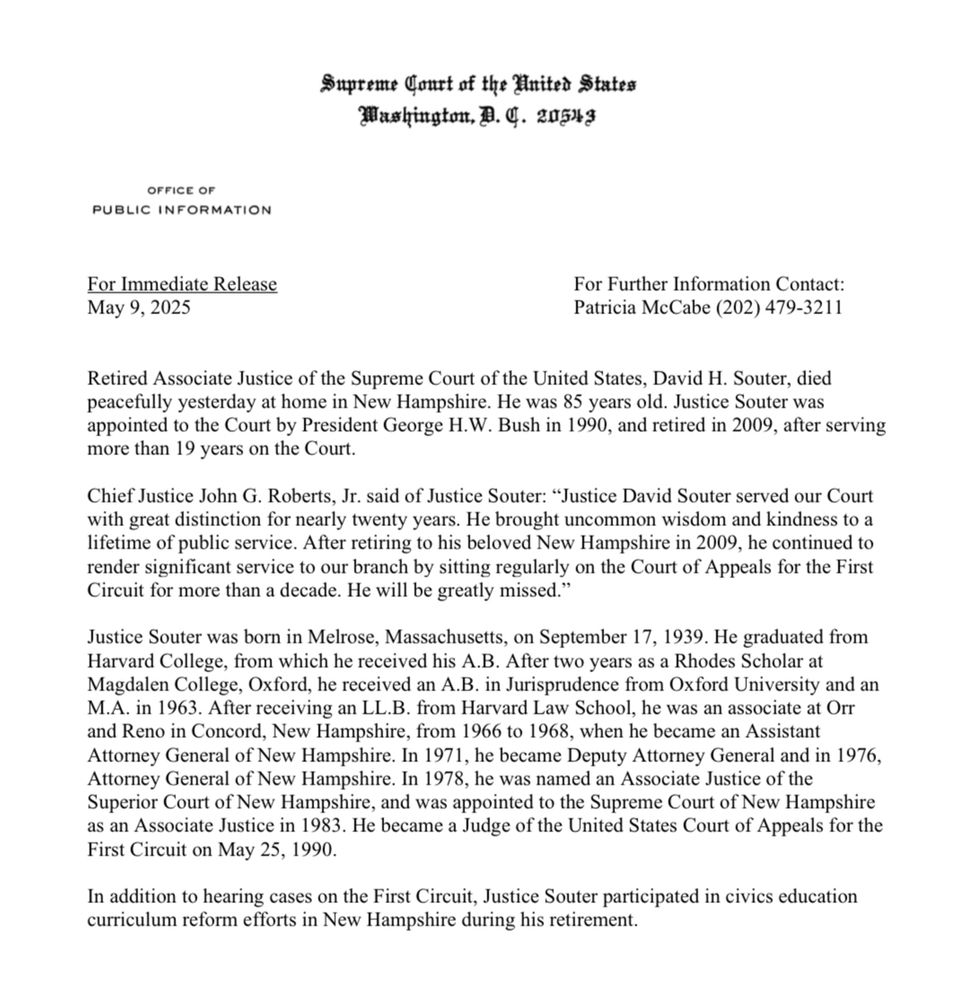
Prof @ WashULaw @ WUSTLPoliSci | Studies judicial behavior & diversity; trial courts; empirical legal studies | Views my own

Reposted by Christina L. Boyd

#Science
2/2
1/

Online queryable data--one of my personal favorite features of the modern SCBD--are available through 2023 here: scdb.wustl.edu/analysis.php
4/4
3/
Reposted by Tiffany D. Barnes
2/
Today's highlight has significant STL connections and has made multiple generations of scholarship (and journalism and teaching) better: The U.S. Supreme Court Database (SCDB)
1/
Reposted by Tiffany D. Barnes
#LowCostHighImpact 4/4
Reposted by Tiffany D. Barnes
Reposted by Tiffany D. Barnes, Jeff Carter
Reposted by Christina L. Boyd

Reposted by Christina L. Boyd



